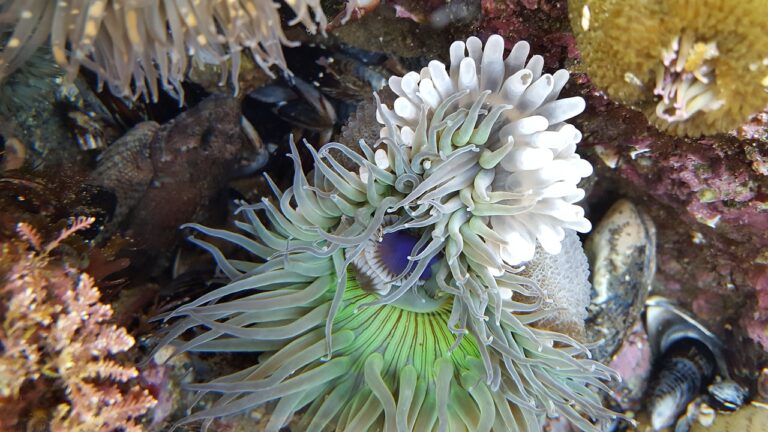Promoting Positive Behavior Support in Early Childhood Settings: World777, 11xplay pro, Betbook247 app login
world777, 11xplay pro, betbook247 app login: Promoting Positive Behavior Support in Early Childhood Settings
As parents and educators, we all want to see our children thriving in their early childhood years. One key aspect of ensuring this is by promoting positive behavior support in early childhood settings. By using strategies that focus on encouraging good behavior and teaching children how to handle challenging situations, we can help them develop essential social and emotional skills that will benefit them throughout their lives.
Setting the Stage for Positive Behavior
Creating a positive environment is essential for promoting good behavior in young children. This begins with setting clear expectations and boundaries, consistently reinforcing positive behaviors, and modeling appropriate behavior ourselves. By providing a safe and nurturing environment, children feel secure and are more likely to exhibit positive behaviors.
Establishing Routines and Consistency
Young children thrive on routines and predictability. By establishing consistent daily routines, children know what to expect and feel more in control of their environment. Consistent responses to behaviors also help children learn what is expected of them and understand the consequences of their actions.
Teaching Emotional Regulation
Emotional regulation is a crucial skill that children need to develop in order to navigate the ups and downs of daily life. Teaching children how to identify and express their emotions in a healthy way, as well as providing them with strategies to calm down when upset, can help prevent challenging behaviors from escalating.
Encouraging Positive Communication
Effective communication is key to building positive relationships with young children. Encouraging open and respectful communication, actively listening to children’s thoughts and feelings, and validating their experiences can help foster a strong sense of trust and connection.
Encouraging Positive Social Skills
Social skills play a significant role in how children interact with their peers and navigate social situations. By teaching children how to share, take turns, and resolve conflicts peacefully, we can help them develop important social skills that will serve them well in school and beyond.
FAQs
Q: What is positive behavior support?
A: Positive behavior support is an approach that focuses on reinforcing positive behaviors rather than punishing negative behaviors. It involves creating a supportive environment, teaching children appropriate behaviors, and using strategies to prevent challenging behaviors.
Q: How can I implement positive behavior support at home?
A: You can implement positive behavior support at home by setting clear expectations, modeling appropriate behavior, establishing routines, and providing consistent responses to behaviors. Additionally, teaching emotional regulation and encouraging positive communication can help promote good behavior.
Q: What if my child is exhibiting challenging behaviors?
A: If your child is exhibiting challenging behaviors, it’s essential to remain calm and respond in a consistent and supportive manner. You can also seek guidance from a pediatrician, counselor, or behavior specialist for additional support and strategies.
In conclusion, promoting positive behavior support in early childhood settings is essential for helping children develop essential social and emotional skills. By creating a positive environment, establishing routines, teaching emotional regulation, encouraging positive communication, and fostering positive social skills, we can help children thrive and succeed in their early years.







